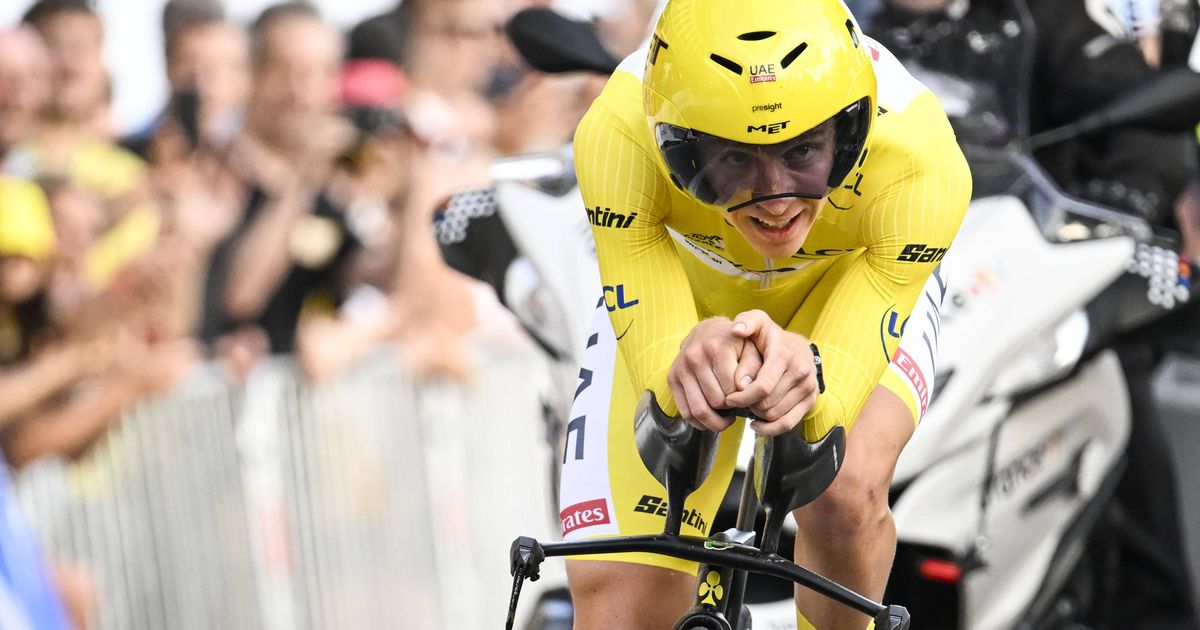Speaking to Het Nieuwsblad, former professional turned pundit Dirk De Wolf didn’t hold back in his criticism. “Twenty-six kilometres is far too little for our Remco,” he said. “In our day, Grand Tours had more than a hundred kilometres of time trialling. Now these stages barely last twenty or thirty minutes.”
De Wolf lamented the shift in focus away from balance and towards pure spectacle. “They say they want to keep things exciting until the end, but that’s nonsense,” he added. “The riders make the race, not the route. If you truly want several contenders, you have to include more time-trial kilometres. That’s how you create a real battle between styles — the climbers against the specialists.”
Belgium’s national coach Serge Pauwels also shared his concern, noting that while the course still offers some opportunities for Evenepoel, it plays even more to Pogacar’s strengths. “This parcours suits Remco, but it’s still even better for Pogacar,” Pauwels explained. “Where can Remco make the difference now? Only in the time trial – and that’s far too limited.”Former Lotto team manager Marc Sergeant echoed Pauwels’ sentiments, calling the design a “missed opportunity” for the race organisers to add more tactical variety. “The Tour has everything else – a team time trial in Barcelona, early stages in the Pyrenees, and the double climb of Alpe d’Huez – but it lacks a long, flat test against the clock,” he observed.
For the Belgian experts, the pattern is clear: the modern Tour de France has prioritised visual drama and mountain spectacle over balance and fairness between rider types. While few doubt Pogacar’s brilliance, many feel the organisers have once again leaned too heavily towards the climbers.
As De Wolf concluded, a longer time trial could have transformed the general classification dynamic entirely. “A Remco at his best could take minutes on everyone else,” he said. “That’s when you’d really have a fight on your hands – a true contest between the mountain goats and the power riders.”

